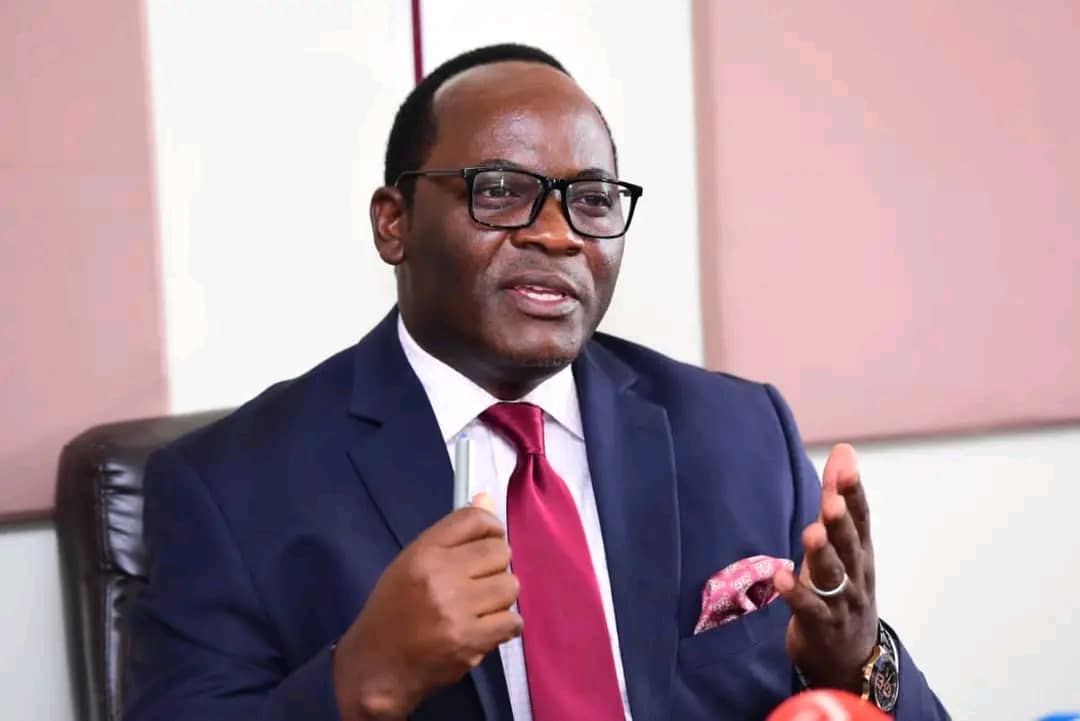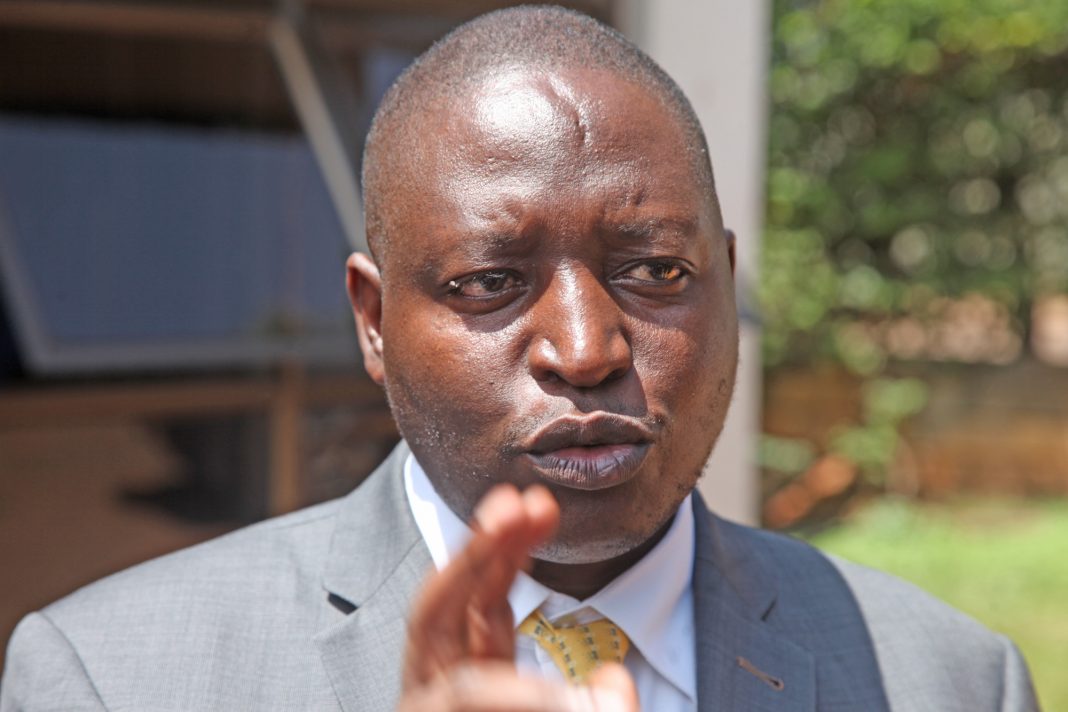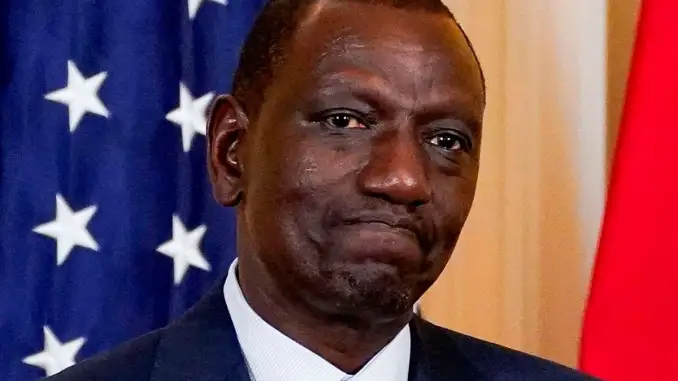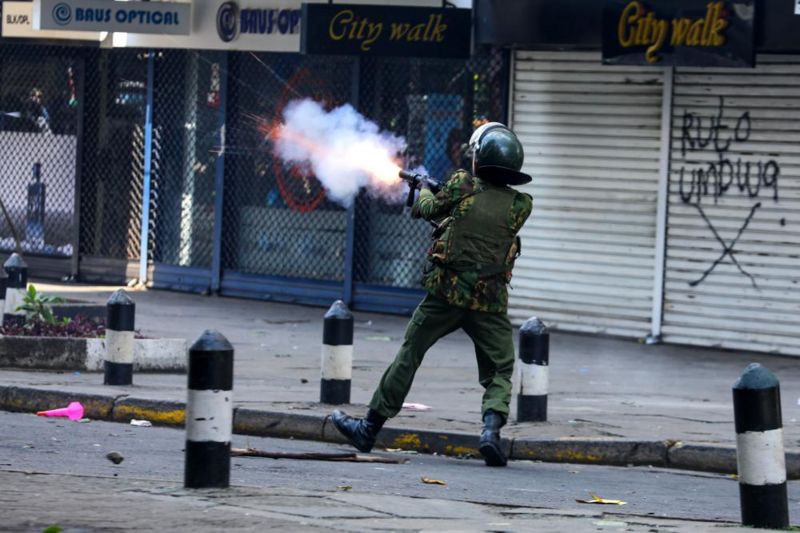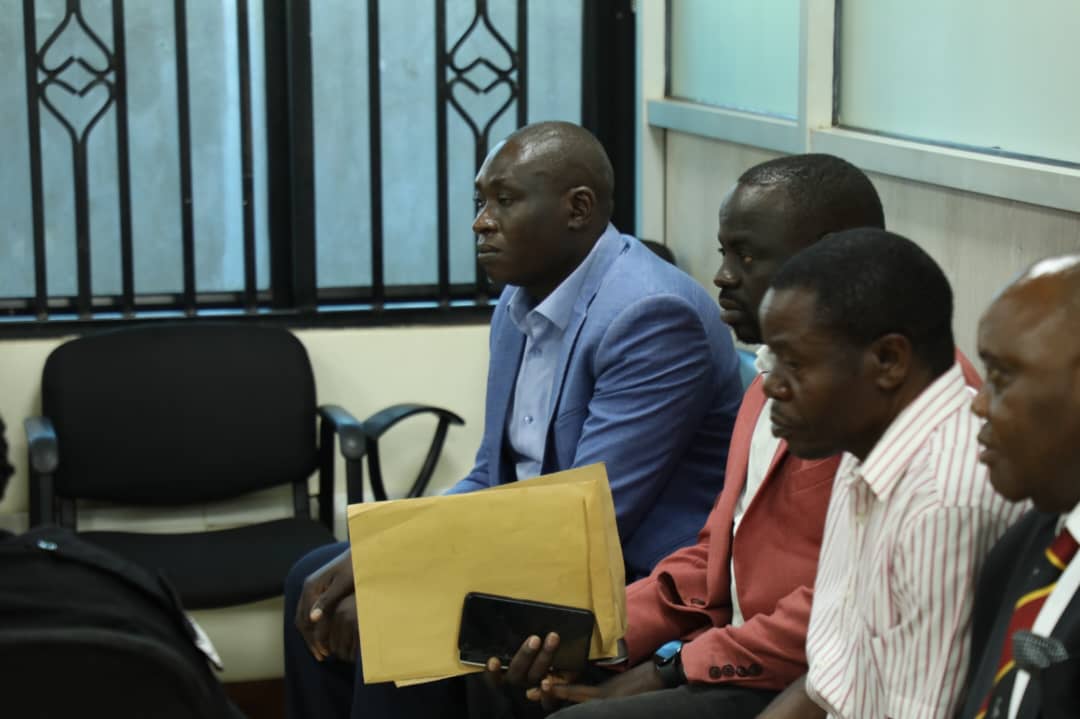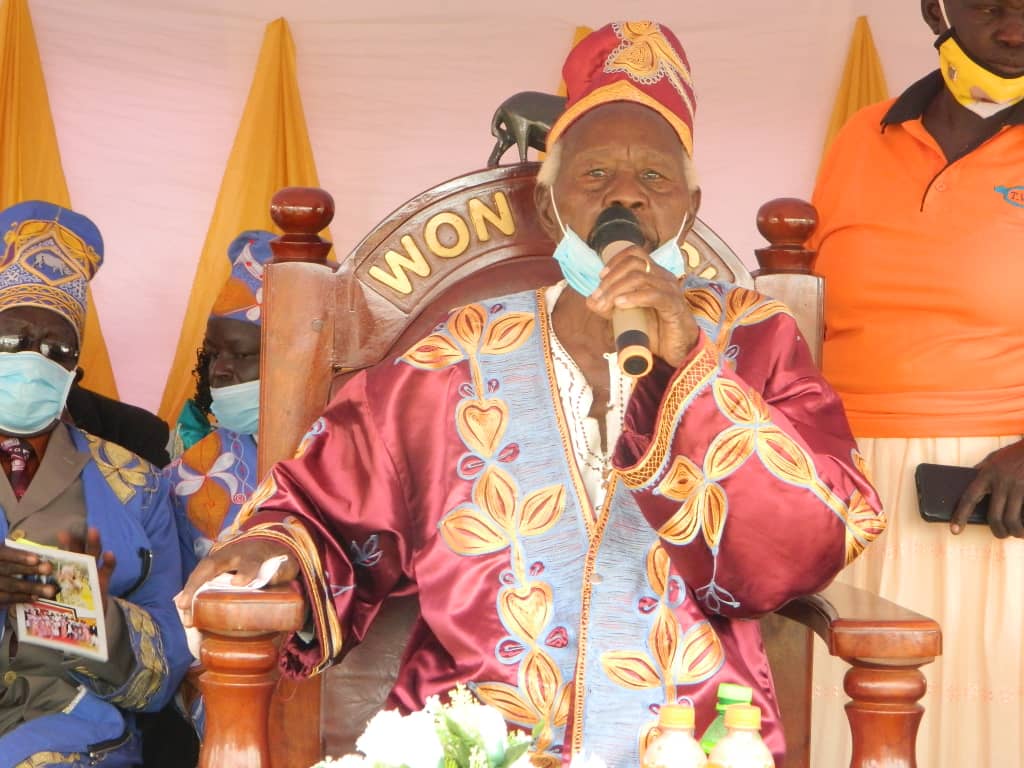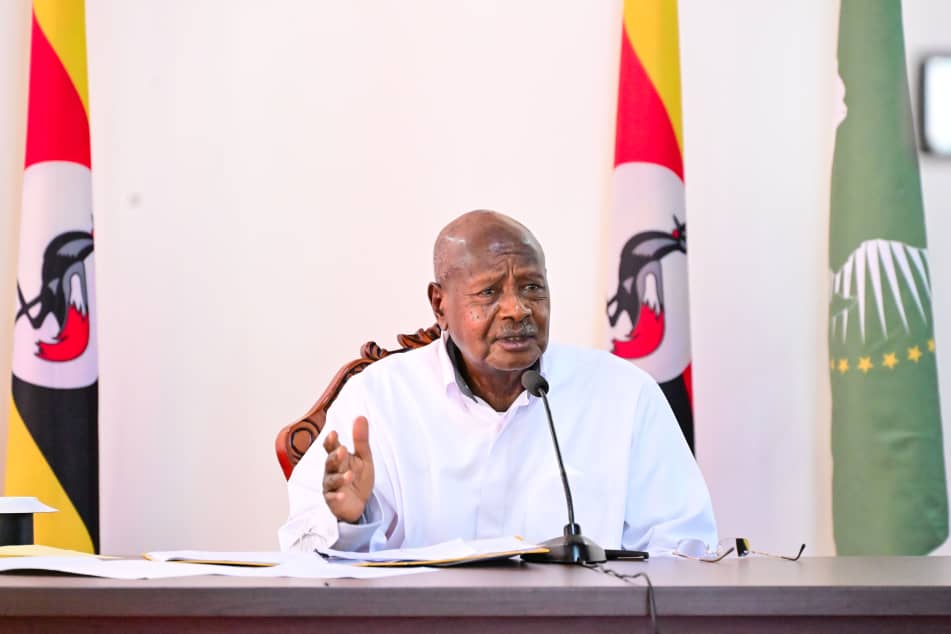Food Security: Drought looms over Bidibidi Refugee Settlement
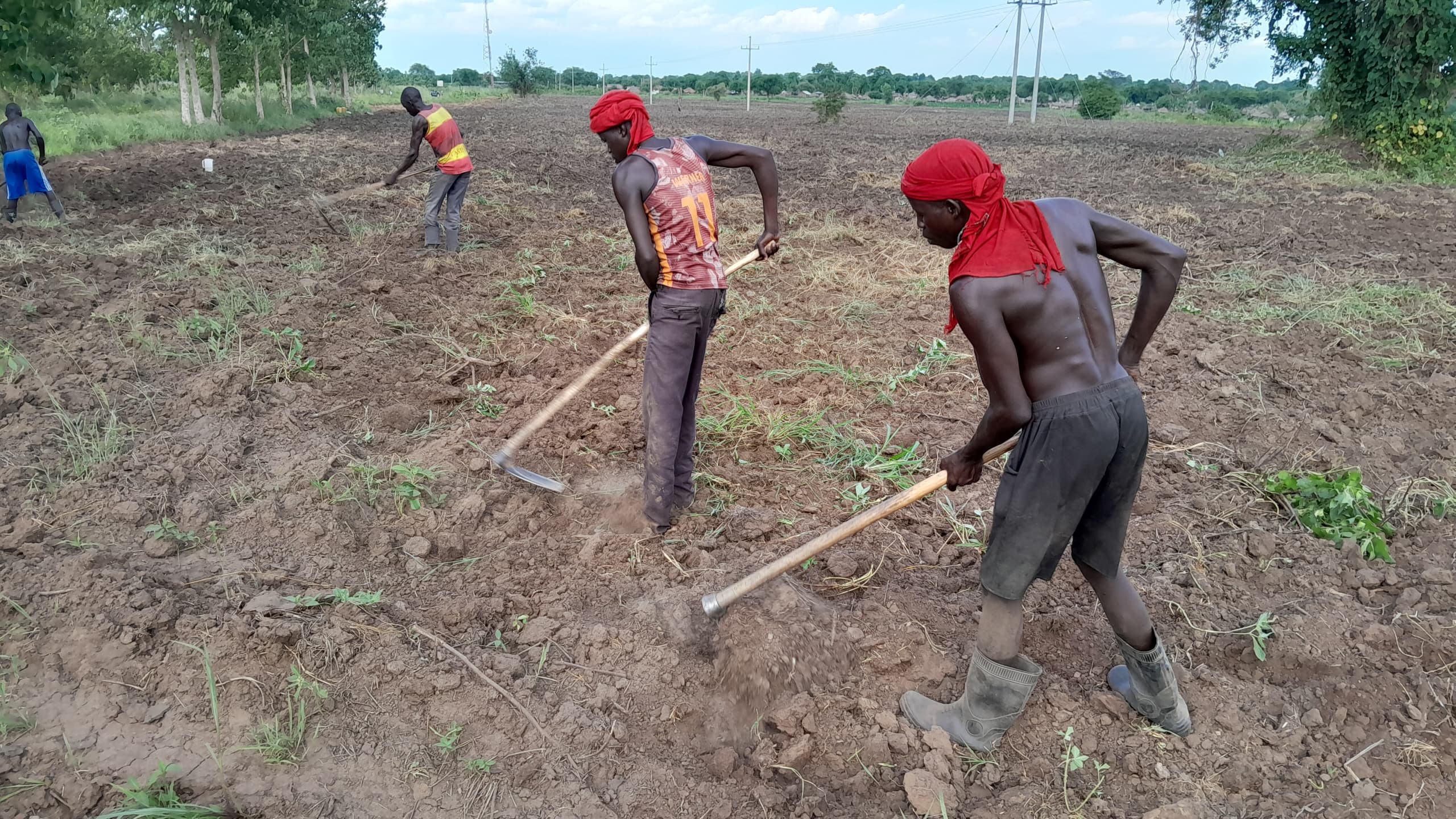
By Martin Okudi
The once vibrant fields of Bidibidi refugee settlement, a haven for nearly 190,000 South Sudanese refugees in Uganda's Yumbe district, now echo with a quiet desperation. The United Nations World Food Program's (WFP) reduction in food rations and cash grants has forced a dramatic shift towards agriculture for survival.
A fragile harmony exists between refugees and locals. Land-sharing agreements have allowed refugees to cultivate plots, while others have embraced backyard gardening on their allocated spaces. But a new threat looms large – the erratic rain patterns plaguing the West Nile sub-region.
Keep Reading
- > Namirembe Cathedral Choir Suspension: A House Divided?
- > Buganda Kingdom Unveils Ambitious Budget for 2024/2025, Prioritizing Health, Poverty Reduction, and Self-Reliance
- > Time for a New Era: Should Mpuuga Mathias Take the Helm?
- > Blankets & Wine Kampala 2024: The Ultimate Weekend Experience is Here!
The first planting season has arrived, yet many farmers stand idle, eyes scanning the cloudless sky. Two weeks without rain is a cruel blow, jeopardizing the germination of early-maturing crops and raising fears of poor yields. In Zone 4, a group of 25 refugee farmers stare anxiously at their ten acres of cassava, the drought threatening to choke the life out of their hopeful endeavour.
John Guya, the secretary of their farmer group, reflects the collective worry. "The unreliable rain pattern," he says, his voice heavy with concern, "is a major setback despite the training we received on climate-smart agriculture."
The impact of the reduced food rations extends beyond hunger pangs. Yumbe's district chairperson, Abdul Mutalib Mahamoud, reveals a disturbing rise in crime as desperate refugees seek alternative means of survival. The environmental toll is also becoming evident. With limited access to other fuel sources, both refugees and locals rely heavily on wood fuel for cooking, accelerating deforestation and environmental degradation.
However, amidst the bleakness, glimmers of hope emerge. The Office of the Prime Minister (OPM) emphasizes the integration processes implemented for refugees, equipping them with skills to generate income. Additionally, Solomon Osakan, the West Nile region OPM refugee desk officer, highlights the efforts of three consortium partners who are launching a five-year re-greening initiative in the district. This project aims to restore the land, improve soil quality, and promote sustainable water and vegetation management, benefiting both refugees and local communities.
Recognizing the dire situation, Ugandan legislators haven't turned a blind eye. A delegation from the Parliamentary Alliance on Food and Nutrition Security visited Bidibidi. They advocate for regular dialogues between locals and refugees to raise awareness about environmental sustainability and its impact on livelihoods.
Milton Muwuma, the chairperson of the alliance, acknowledges existing challenges in enforcing environmental protection laws. He emphasizes the need for improved implementation strategies to curb environmental degradation and secure a more sustainable future.
The story of Bidibidi is a stark reminder of the interconnectedness of food security, environmental well-being, and human resilience. While challenges abound, the collaborative efforts of government agencies, NGOs, and local communities offer a beacon of hope. Through innovative solutions, sustainable practices, and a renewed commitment to environmental protection, Bidibidi can emerge stronger, ensuring food security and a healthier planet for all its inhabitants.







